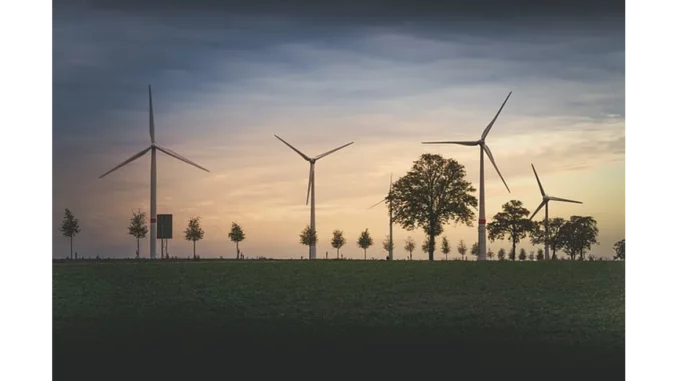
In the bustling world of sustainable architecture and construction, the BREEAM (Building Research Establishment Environmental Assessment Method) certification stands as a benchmark for excellence. As I sat down with Emily Clarke, a seasoned environmental consultant, I was keen to delve into the intricacies of delivering BREEAM assessments, a process she has mastered over years of dedicated work.
Discover how Focus360 Energy aids sustainable development with Sustainability Statements.
Emily arrived at our meeting with an air of calm professionalism. Her enthusiasm for environmental sustainability was palpable, and it was clear that she relished the opportunity to share her insights. With a background in environmental science and over a decade of experience in the field, Emily’s perspective was both deeply informed and refreshingly practical.
“We start the BREEAM process at the very beginning of a project,” Emily began, explaining the early involvement that is crucial to successful certification. “Incorporating BREEAM principles from the design stage ensures that sustainability is woven into the fabric of the project, rather than being an afterthought.”
This proactive approach, she noted, allows for the identification and integration of sustainable solutions that are both innovative and practical. “It’s about finding that sweet spot where environmental performance meets the client’s vision and budget,” she said, emphasising the importance of aligning sustainability goals with the overall project objectives.
Emily described the initial stages of a BREEAM assessment as a collaborative effort involving architects, engineers, and contractors. “We conduct workshops to educate the team on BREEAM requirements and to brainstorm strategies,” she explained. These sessions are designed to foster a sense of ownership and understanding among all stakeholders, ensuring that everyone is on the same page from the outset.
Once the project is underway, Emily and her team meticulously track compliance with BREEAM criteria. “We have specific checkpoints where we assess progress, tweak strategies if necessary, and ensure documentation is in order,” she said. This ongoing process of monitoring and feedback is crucial, she explained, in maintaining the project’s sustainability trajectory.
One of the most rewarding aspects of Emily’s job is seeing a project through to certification. “There’s a great sense of accomplishment when you know that a building meets high environmental standards,” she shared with a smile. However, she was quick to add that the journey to certification is not without its challenges.
“Every project is unique, with its own set of hurdles,” Emily noted. Whether it’s navigating regulatory requirements, contending with budget constraints, or addressing unforeseen environmental impacts, the path to BREEAM certification demands resilience and creativity. “The key is to remain flexible and solution-focused,” she advised, drawing on her experience of overcoming obstacles with patience and ingenuity.
Emily also highlighted the importance of continuous learning and adaptation in the field of sustainability. “The industry is constantly evolving, with new technologies and methodologies emerging all the time,” she said. Staying abreast of these developments, she argued, is essential for delivering effective and up-to-date BREEAM assessments.
As our conversation drew to a close, I was struck by Emily’s unwavering commitment to her work. Her passion for sustainability and her dedication to helping projects achieve their environmental goals were truly inspiring. She left me with a final thought that encapsulated her approach: “Sustainability isn’t just a checkbox; it’s a mindset. It’s about creating spaces that are not only efficient and functional but also beneficial to the environment and the communities they serve.”
In reflecting on our discussion, it became clear that the role of an environmental consultant in the BREEAM process is both demanding and deeply rewarding. By fostering collaboration, embracing challenges, and championing innovation, professionals like Emily Clarke are driving the construction industry towards a more sustainable future.
John Williams


Be the first to comment